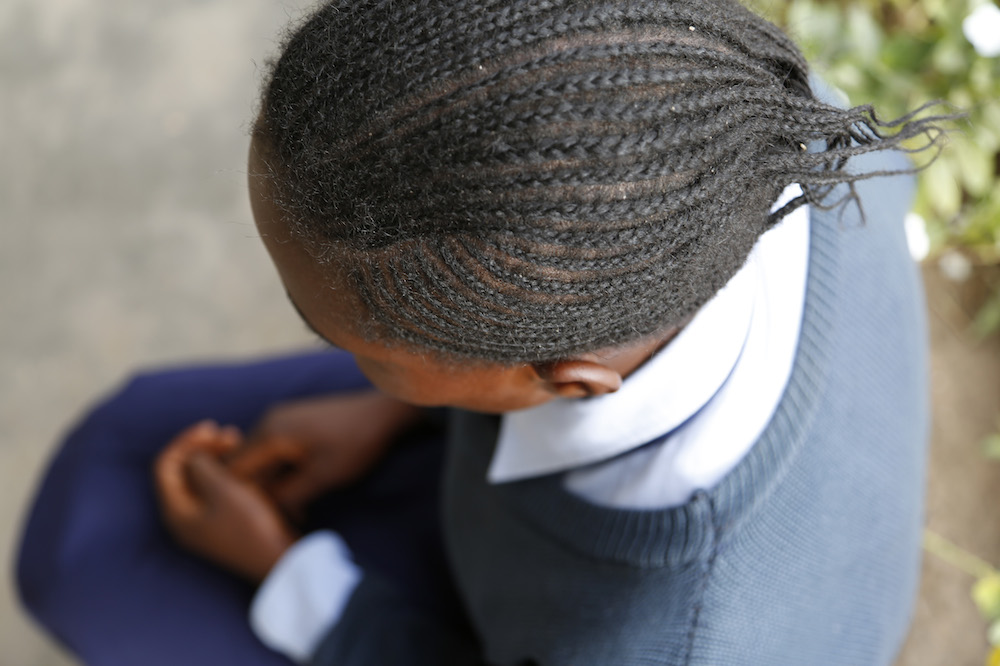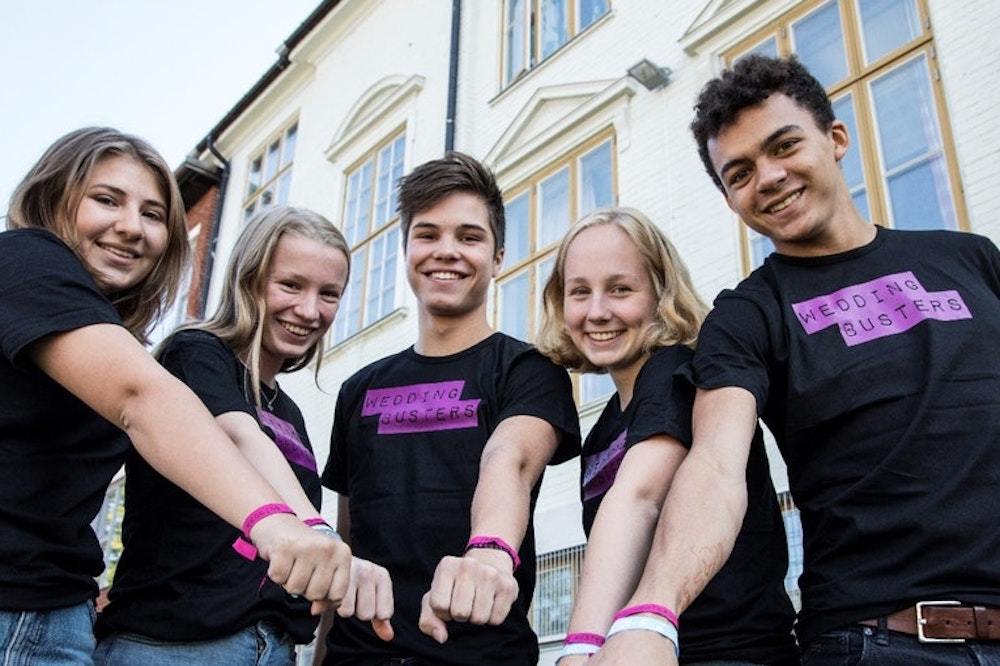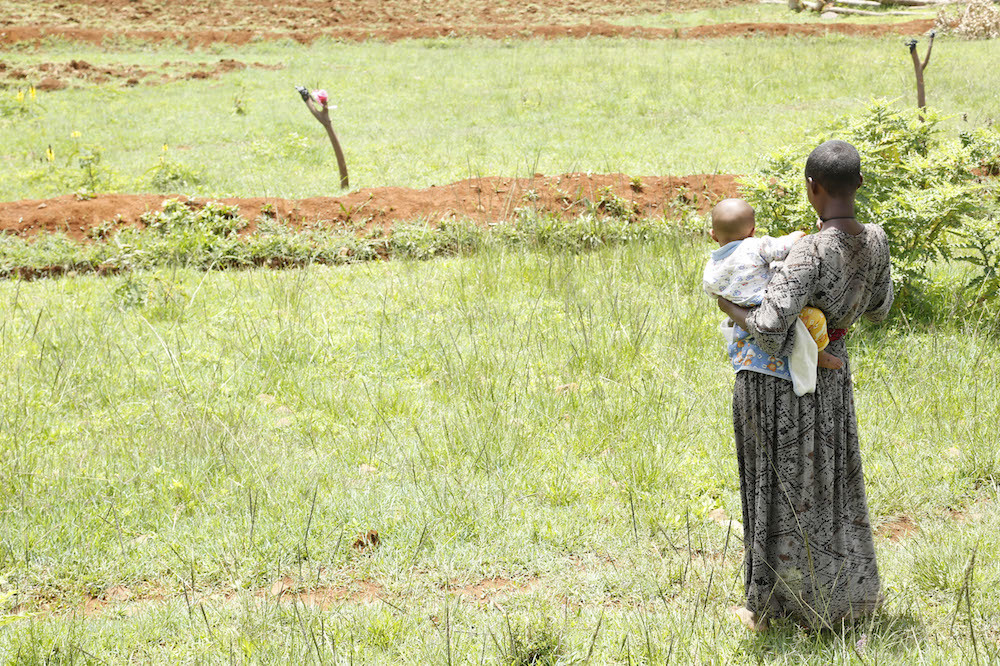
#JusticeForNoura and child marriage campaigns gather momentum
Child marriage, Girls' education, Right to education
The issue of girls being forced to marry young is increasingly being challenged in many countries - here are some of the latest developments.
The plight of Noura Hussein has caused an outcry around the world. The teenager is facing the death penalty in Sudan for killing her husband as he raped her.
Forced into a marriage contract at 16, her case has raised the spectres of child marriage, marital rape and women’s rights.
Child marriage can disrupt girls’ education because they are not permitted to return to school or because of early pregnancy. It can also leave them at risk of violence and health complications.
Rallying around the hashtag #JusticeForNoura, campaigners have been calling for her sentence to be overturned.
The issue of child marriage is increasingly being challenged in many countries – from Afghanistan to the United Kingdom.
Here’s a look at some of the latest developments that have happened during May.
Sudan
When Noura Hussein’s father told her she was to marry at 16, she ran away to stay with a relative. The wedding eventually went ahead near Khartoum and she was raped by her husband as three of his male relatives restrained her. The next day he tried to rape her again and she stabbed him during a struggle.
Noura’s legal team lodged an appeal against the sentence last week. Lawyer Ahmer Sibair said: “Marrying girls and women without their consent is common in Sudan and it causes so many problems. They marry a girl as a child, without her consent, and so many of them lose their chance to be educated.”
Iran/Afghanistan
Sonita Alizadeh is a rapper who featured this month in TIME Magazine‘s Next Generation Leaders issue. Her song Brides for Sale – recorded when she was 17 – became an anthem against child marriage in Afghanistan.
Sonita moved from Afghanistan to Iran when she was six. Now 21, she said in a recent interview: “To really end child marriage, everyone must work together. Child marriage impacts health, education, even the economy. Understanding these relationships is a good start.”
United Kingdom
A mother tricked her daughter into travelling to Pakistan to marry a man who was 16 years older. Now she has become the first person in England to be convicted by a court of forced marriage.
When the 17-year-old girl protested about the marriage, the mother attacker her and threatened to burn her passport. She returned to the UK without her – and has now been jailed for four and a half years. A charity that supports forced marriage victims said the verdict was “very significant”.
A British government report in May also showed that of almost 1200 possible forced marriage cases reported to a specialist service in 2017, more than one in four involved victims under 18.

Norway
Campaigners say a child marriage ban by Norway should set an example to other countries to end the practice. Norway had allowed 16 and 17-year-olds to marry with parental consent – but its government voted to end that. “We believe this law will send a clear message, nationally as well as internationally, that we do not accept children getting married in Norway,” said Minister of Children and Equality Linda Hofstad Helleland.
Nepal
Girls aged 13 to 16 are often married off by their families at Rainadevi Chhahara in Palpa distroct. But now local children have launched a campaign against child marriage.
Pooja Karki, 17, told the Kathmandu Post: “With this campaign we plan to raise awareness against child marriage throughout Palpa. It is unacceptable that girls barely in their early teens are forced to marry under the pressure of their parents and relatives.”

Ethiopia
More than a third of girls in Ethiopia are married before they turn 18. That could be costing the country billions of dollars each year, according to a report this month by the World Bank and the International Center for Research for Women.
Child brides are much more likely to drop out of school and complete fewer years of education than those who marry later. The World Bank said: “Ending the practice of child marriage would have a large positive effect on the educational attainment of girls and their children, reduce population growth and increase women’s expected earnings and household welfare.”

More news

Skills for the future give young people the best chance of success
